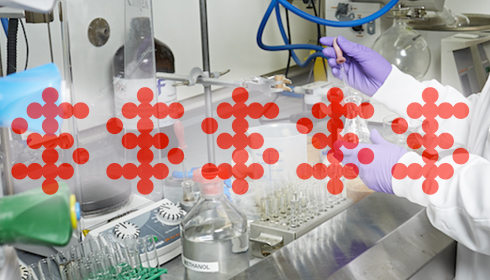
HHMI Announces $500 Million Investment in AI-Driven Life Sciences Research
The Howard Hughes Medical Institute (HHMI) has launched a significant effort called AI@HHMI, which will invest $500 million over the next decade to enhance artificial intelligence (AI) in life sciences research. This effort provides a huge boost to scientific discovery by exploiting AI's capabilities at HHMI's Janelia Research Campus in Ashburn, Virginia, as well as its more than 300 linked laboratories.
Erin O'Shea, President of HHMI, emphasised the initiative's goal, saying, "By bringing human curiosity and artificial intelligence closer together at every phase of experimentation and data collection, we hope to enable a wide range of scientific breakthroughs at our Janelia Research Campus and HHMI labs throughout the country."
The AI@HHMI program will be based at Janelia but will expand throughout the HHMI community, encouraging AI-driven collaborations. This effort will involve hundreds of HHMI scientists in the design and execution of large-scale AI-based biomedical research projects.
AI@HHMI's "AI-in-the-Loop" strategy, which integrates AI extensively into the research process, is a critical component. This strategy uses artificial intelligence to design experiments, build automated pipelines, collect high-quality data, and create generalisable learning models in order to speed scientific discovery. These models will assist in determining the underlying principles from the collected data.
Janelia Executive Director Nelson Spruston emphasised the initiative's innovative aspect, saying, "Our scientists will reimagine the research process." Individuals will remain at the heart of this endeavor, as is customary at HHMI. Multidisciplinary teams will work together to design, execute, and interpret experiments. "We hope to transform and speed up the discovery process not only at HHMI but throughout the world by sharing the tools and data."
Janelia studies The campus has a long history of integrating artificial intelligence into biological studies. Over the last 15 years, Janelia scientists have created machine-learning systems to tackle a variety of life science difficulties. Previous collaborations with Google, including work with Connectomics and DeepMind, resulted in notable achievements, such as a precise map of an adult fly brain, which has had a direct impact on neuroscience research.
Stephan Saalfeld, Senior Group Leader and Head of Computation and Theory at Janelia, praised the collaborative environment: "Janelia's unique strength is the tight collaboration between theorists, experimentalists, computational scientists, and engineers that allows us to develop theoretical and computational models and collect high-quality experimental data to train and validate them."
To begin this ambitious endeavour, AI@HHMI is seeking proposals for AI-based research topics from HHMI Investigators, Freeman Hrabowski Scholars, and Janelia Group Leaders. Proposals submitted by October 4, 2024, will be fully funded and carried out at Janelia, with support from HHMI Labs and a new team of AI scientists, engineers, and data professionals.